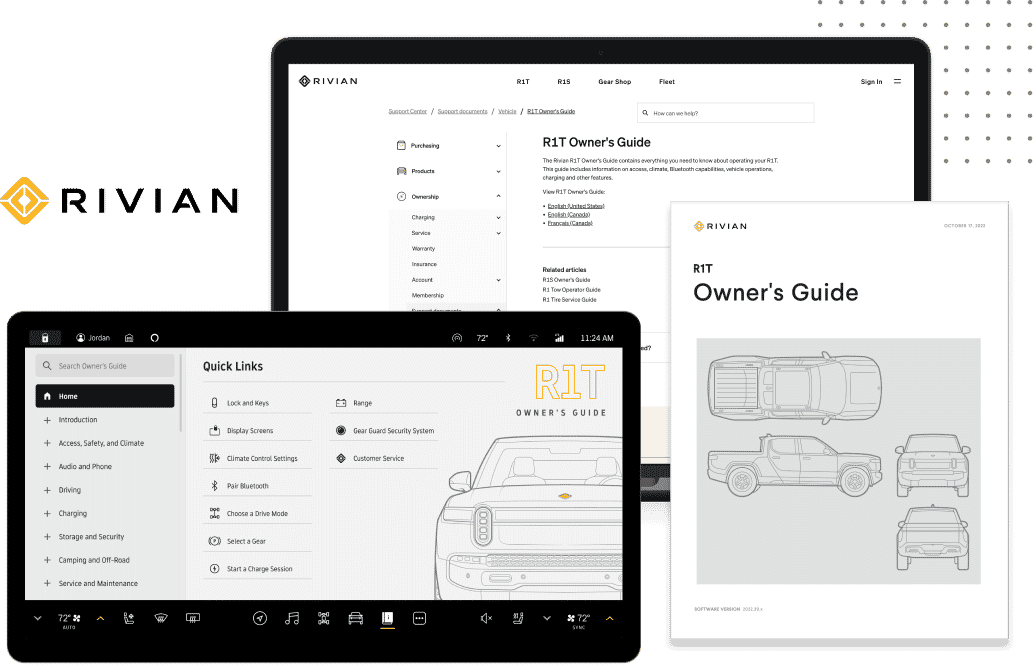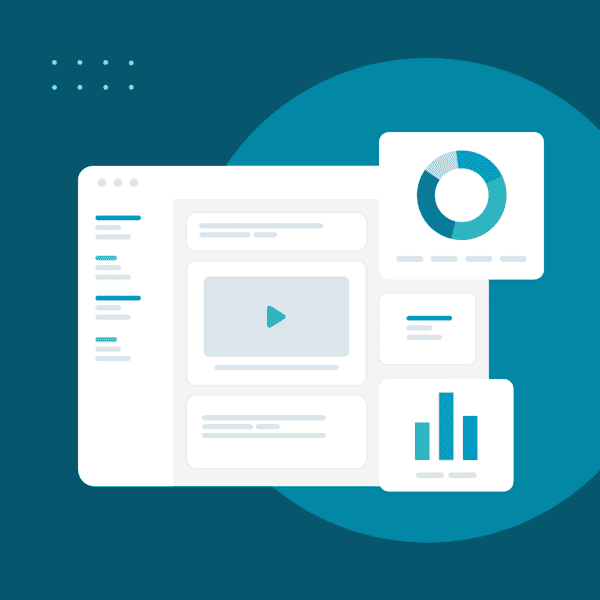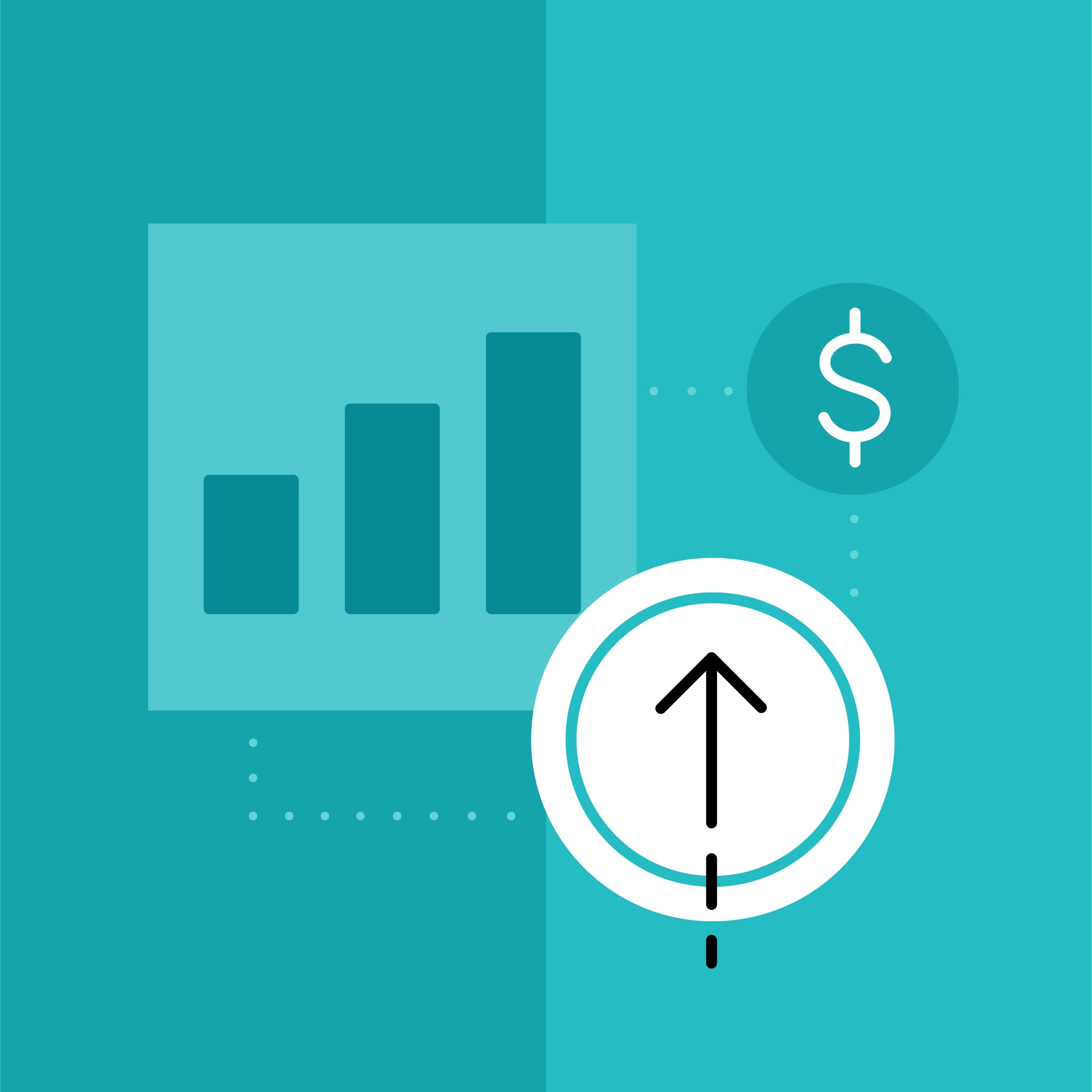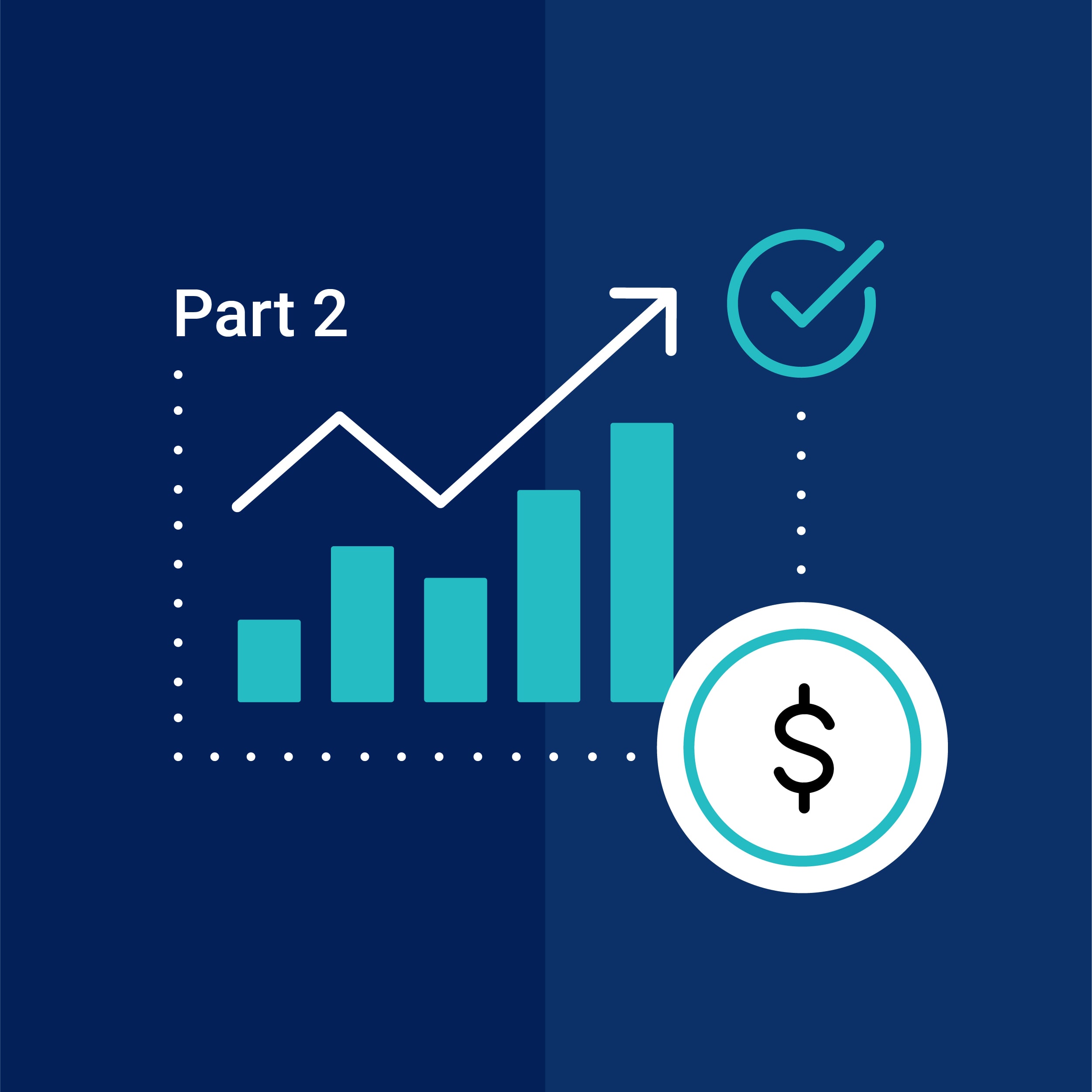Sarah Hurst, Ph.D. is a technical writer at 84.51° — a retail data science, insights, and media company. As a member of the technical writing team, she works cross functionally with her instructor led training and learning technology teammates (the other two pillars of the Solutions Education team) to create best-in-class documentation helping educate clients and internal teammates on 84.51° solutions.
Tailoring Education with the Power of Analytics
In today's rapidly evolving educational landscape, the one-size-fits-all approach to learning is becoming increasingly obsolete. Personalized learning, or tailoring educational experiences to the unique needs, interests, and abilities of each individual learner, is gaining significant traction within organizations.
Big data analytics plays a crucial role in enabling data driven personalized learning by offering valuable insights into learner behavior, preferences, and performance.
Big Data, Small World: Personalized Learning with Analytics
Big data refers to the huge amounts of data generated by various sources like websites, apps, social media, and educational platforms. By analyzing this data, organizations can:
- Gain a deeper understanding of learning patterns.
- Find areas where people may be struggling.
- Provide targeted support.
- Make better business decisions.
Some key areas where big data can be used to personalize learning include:
- Adaptive learning: Big data can be used to create adaptive learning platforms that adjust the difficulty level of content based on a learner's progress. This adaptation then ensures that learners are neither bored nor overwhelmed, and that they are always challenged to reach their full potential.
- Personalized content: Big data can analyze learner profiles and interests to curate personalized educational content that is relevant and engaging to those in the organization. This content can include articles, videos, and interactive activities that cater to specific learning styles and topics.
- Early intervention: Big data can find those in the organization at risk of falling behind in their career or development goals. By detecting early warning signs, organizations can intervene proactively and provide the necessary support to help people succeed and do their jobs more effectively.
- Recommend personalized learning paths: Big data can suggest tailored learning paths based on predicted learner needs and career / development goals, optimizing the learning journey with actionable insights.
- Personalized feedback: Big data can provide personalized feedback tailored to each learner's individual needs to help them understand their strengths and weaknesses and make necessary adjustments to best fit their learning strategies.
Unlocking Potential: Strategies for Personalized Learning Implementation
Implementing personalized learning programs requires a strategic approach that involves using big data analytics and adopting innovative technologies.
Some important strategies to consider for personalized learning programs are:
Strategy | Approach |
|---|---|
Data collection and analysis |
|
Technology integration |
|
Educator / Instructor professional development |
|
Continuous evaluation and improvement |
|
Technologies Powering Personalized Learning
Along with strategic approaches, several innovative technologies are essential for implementing personalized learning programs. Some of these technologies include, not a not limited to:
- Advanced data analytics tools to analyze large datasets and extract meaningful insights.
- Learning management systems (LMS) that can collect and store learner / student data, track progress, and deliver personalized content based on a learner's interests, specific goals or career paths, learning style, and progress.
- Learning content management system (LCMS) helps centralize and distribute personalized content to enhance learner engagement and ensure efficient content delivery. Understanding the features of LCMS is crucial as they enable the personalization and scalability necessary for today's diverse educational needs. With Learning & Development Software like MadCap Xyleme, organizations can streamline content creation and leverage powerful analytics for optimized learning.
- Personalized resource libraries that suggest additional resources (like articles, videos, or simulations) that can enhance the learning experience.
- Adaptive learning platforms that use algorithms to adjust the difficulty level of content based on a learner's performance, understanding, and pace.
- Intelligent tutoring systems (ITS) that can provide personalized guidance and feedback to learners, helping them to develop their understanding of concepts.
- Artificial Intelligence (AI) to develop intelligent agents that can interact with learners and provide personalized support.
Challenges and Solutions in Big Data Personalization
While big data offers significant opportunities for personalized learning, there are also several challenges to address as the topic of “big data” raises concerns for many organizations.
- Data privacy and security: Organizations must ensure the privacy and security of learner data as a top priority. A solution to this challenge is implementing robust data protection measures and following relevant regulations.
- Data quality and reliability: As the quality and reliability of the data used for personalization can impact the accuracy of the recommendations, organizations must ensure that whatever is used is highest in both categories. Data cleaning and validation processes are necessary to ensure this data integrity.
- Technological infrastructure: Implementing personalized learning programs requires a robust technological infrastructure. Organizations must be prepared to manage these large datasets and support advanced analytics techniques. Some ways organizations move to support big data is by moving to cloud solutions which can improve scalability, flexibility, and accessibility.
- Educator / instructor buy-in: Gaining educator / instructor buy-in for personalized learning can be a challenge in itself. Providing adequate training and support is crucial to ensure successful implementation and long-term adoption.
A Data-Driven Journey: The Future of Personalized Learning
Leveraging big data analytics, organizations can create personalized learning experiences that are more engaging and unique to the needs of each learner leading to improved learning outcomes, increased learner satisfaction, and ultimately, a more successful learning program.
Moreover, as technology continues to advance, you should expect to see even more innovative approaches to personalized learning. Artificial intelligence, machine learning, and other emerging technologies will likely play a significant role in shaping the future of education.
By addressing the challenges and using the opportunities presented by big data, organizations can create personalized learning environments that help learners reach their full potential.
Lastly, by embracing these advancements and focusing on the individual needs of each learner, organizations can create a more personalized, effective, and fair learning system for all.










